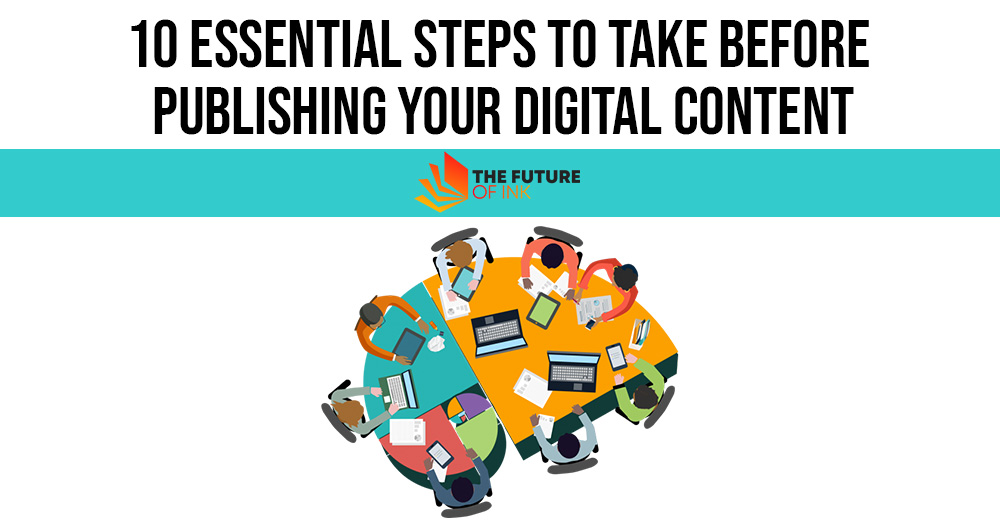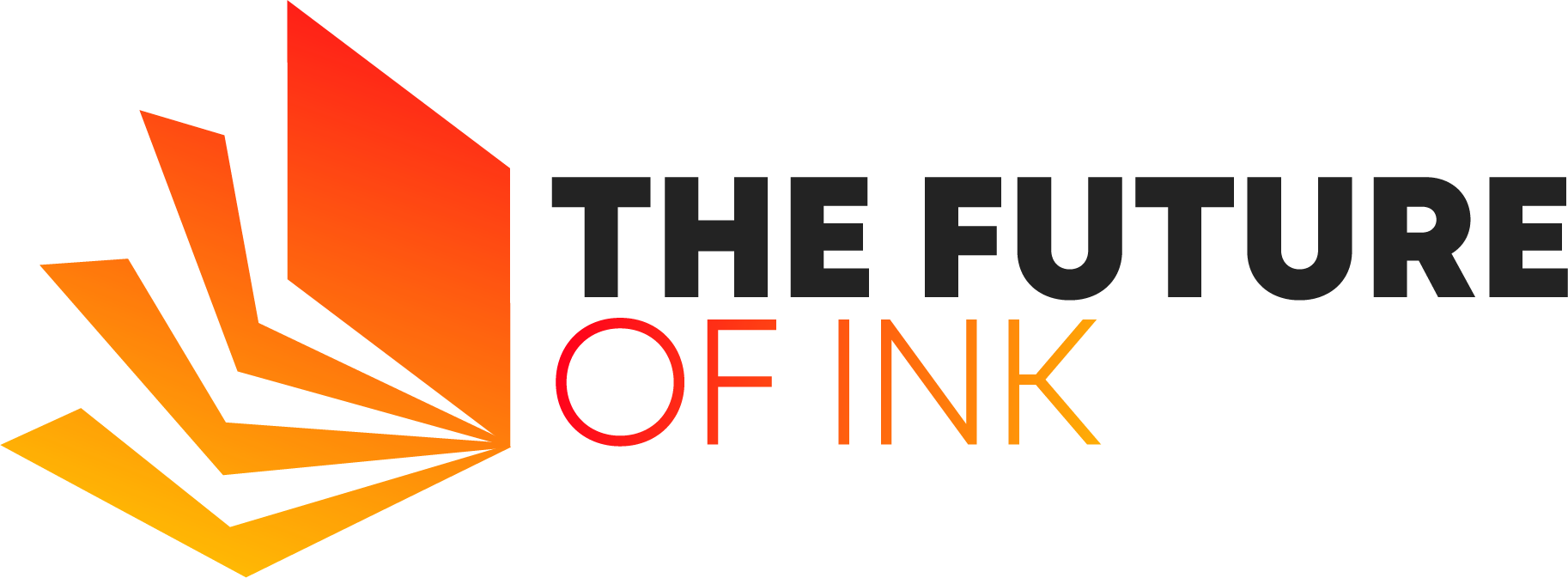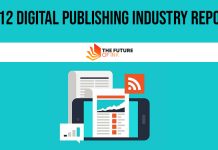Contents
The window of opportunity for entrepreneurs and thought leaders to proclaim their message and establish their expertise with a published work has cracked wide open with new digital publishing tools.
The Future of Ink is on the cutting edge of teaching us how to harness the power of these tools to get published and solidify our reputation as an expert in our niche.
I was on the webinar when Ellen Britt and Denise Wakeman launched The Future of Ink, and I’m as excited as anyone about the enormous possibilities it creates for my own work.

The voice of caution
But I hear a voice of caution getting louder in my ear, and I’d like to share it before we all get carried away publishing our work in mass profusion. The voice is saying,
Just because you can digitally publish your content quickly and inexpensively doesn’t necessarily mean you should!
Why on earth would I throw a wet blanket on all the happy partying? Don’t I want everyone to enjoy the fun of finally seeing their name in print without years of toil and rejection? Of course, I do.
Yet in our haste to be authors and published experts, if we don’t uphold standards of articulate and well-written work, we run the risk of doing significant damage to the whole industry.
Also Read: Ten Digital Publishing Trends From the Experts
Consequences of hasty publishing
Pre-publication checklist
Before you deem your digitally published work ready for public consumption, ask yourself these important questions:
- Does your work add value to your industry and your audience? Does it educate, entertain, or inspire? If not, rethink your approach.
- Can you articulate a purpose or goal for your work? Does every page—every word—contribute to that goal?
- Have you received positive feedback from anyone other than your mother or your best friend? Even when you ask for honesty, those closest to you have a hard time pointing out the weak spots in your writing. You’d probably have a hard time hearing it from them anyway. Professional peer groups are often invaluable for getting honest feedback.
- Does each chapter deal with a central idea, and is it developed logically without meandering? The more complex your topic, the more critical this is.
- Would you be proud to show your work to your most beloved and respected writing teacher? What might that teacher suggest to make it stronger?
- Have you run a spelling and grammar check? This won’t catch everything, but it’s a good start.
- Have you done a search for commonly misused or mundane words, weak sentences, or acronyms only understood by a select few? The Internet is filled with editorial checklists and valuable resources.
- Have you hired an editor to review your work for feedback on clarity, substance, and value? A good editor can add immeasurably to the energy, clarity, and impact of your piece and help you avoid embarrassing ambiguity or omission.
- Have you hired a proofreader to catch spelling or typographical errors and word usage mistakes? If you think proofreading isn’t important, consider the one-letter difference between the words “public” and “pubic.”
- Have you formatted your work so it’s compatible with the medium in which you’re going to publish? I’m an avid Kindle reader, and it’s so frustrating to read books that have been sloppily uploaded with inappropriate line and page breaks or unreadable graphics.
Also Read: Which eBook Publishing Platform is Best?
Don’t blow it!
Your digitally published work reflects your expertise, intelligence, sensitivity to your target market, and attention to detail just as surely as a public presenter’s speech or an artist’s painting.
It’s another essential building block in the “Know, Trust, and Like” foundation on which you’re building your business and your reputation.
Don’t blow it in your haste to see your name in print. I’d love to know your thoughts on this in the comments below…




